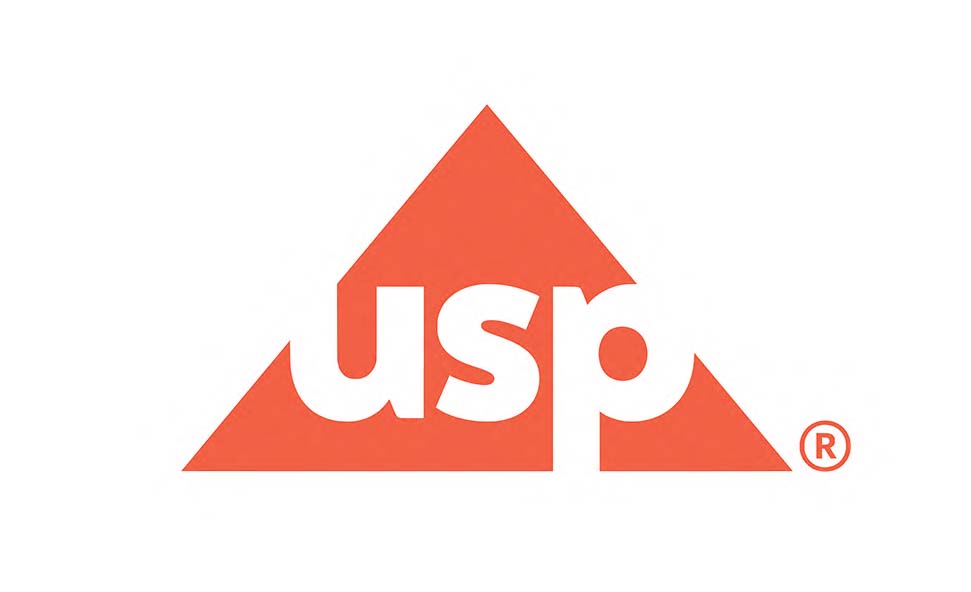
News | 4 min read
December 20, 2022

USP Launches R&D Analytical Solutions To Advance Continuous Manufacturing Technologies
Rockville, MD, – The U.S. Pharmacopeia (USP) today announced the opening of the USP Advanced Manufacturing Technology Lab in Richmond, Virginia as part of its launch of a suite of R&D analytical solutions. These analytical lab services will support the efforts of drug manufacturers seeking to adopt advanced manufacturing technologies including pharmaceutical continuous manufacturing (PCM) as one way to help increase geographic diversity in pharmaceutical manufacturing and support medicines supply chain resilience.
“While presenting potential advantages, adopting new technologies comes with challenges. When it comes to PCM, not all companies have access to the expertise, resources, or capacity to develop and qualify new in-line, at-line, and off-line analytical methods required for the new manufacturing processes,” said Dennis Hall, USP Vice President, Advanced Manufacturing Technologies. “USP’s analytical lab service offerings can help fill the gap, and assist manufacturers to further drive innovation, contain production costs, and optimize efficiencies in staffing and resources while facilitating market access to quality medicines made with PCM. Our facility in Richmond provides capacity to support these vital services.”
“Reducing technical and training barriers to adoption of advanced manufacturing technologies like PCM will help strengthen resilience by allowing medicines to be made in more places. This diversifies sources of supply and strengthens the medicines supply chain,” said Ronald T. Piervincenzi, Ph.D., CEO of USP. “Our new analytical laboratory service offerings extend USP’s capability to assist manufacturers considering the adoption of PCM, and will help ensure availability of trusted, quality medicines made with PCM alongside those made with traditional batch manufacturing technology.”
USP R&D Analytical Solutions
The new R&D analytical solutions will consist of analytical lab services that leverage USP’s in-house scientific expertise and state-of-the-art facilities at the USP Advanced Manufacturing Technology Lab in Richmond, as well as USP’s headquarters facility in Rockville, Maryland. These capabilities will be used to characterize materials, and develop and qualify methods to help ensure the quality of medicines made with PCM. Areas of focus will include (but not be limited to):
Reducing Barriers To PCM Adoption
USP’s focus on R&D analytical solutions and quality measurements specific to PCM is part of a broad range of activities designed to address the challenges of PCM adoption and help bolster medicines supply chain resilience.
Consulting services offered by Pharmatech Associates, Inc., a USP Company, can help manufacturers through the decision-making process and challenges related to PCM adoption. Pharmatech Associates consulting services – which operate independently from USP’s standards-setting processes – provide business, technical, and regulatory strategies, equipment and process design services, as well as workforce training to manufacturers seeking to pursue PCM and other advanced manufacturing technologies.
USP is also working with partners and stakeholders to address PCM knowledge gaps through educational programs; create an online continuous manufacturing Knowledge Center; and launch a flow chemistry R&D lab to investigate novel routes of synthesis for active pharmaceutical ingredients using PCM and develop new analytical techniques to ensure product quality. In addition, USP is exploring where there is a need and opportunity to develop new PCM guidelines, best practices, and quality standards. It is our hope that this will ultimately help stakeholders bring more quality products to market for the benefit of patients.
When effectively applied, PCM has the potential to allow flexibility and efficiency in manufacturing; lower production costs; cut environmental footprints; accelerate production and scale-up in response to emergencies; and reduce potential quality issues through real-time monitoring. As a result, the technology has gained increased attention from industry and policymakers in recent years as one way to help expand domestic manufacturing of essential medicines in the U.S. and other countries, guard against potential drug shortages, and strengthen the medicines supply chain.
Pharmaceutical Continuous Manufacturing
PCM involves a continuous flow of materials through a process pipeline – in which two or more unit operations are directly connected – and the sequential transformation of those materials. The process output – such as an active pharmaceutical ingredient or drug product – is collected as the input materials are being fed in, and the entire process happens in a single facility.
About USP
USP is an independent scientific organization that collaborates with the world’s top experts in health and science to develop quality resources and standards for medicines, dietary supplements and food ingredients. Through our resources, standards, advocacy and education, USP helps increase the availability of quality medicines, supplements and foods for billions of people worldwide.